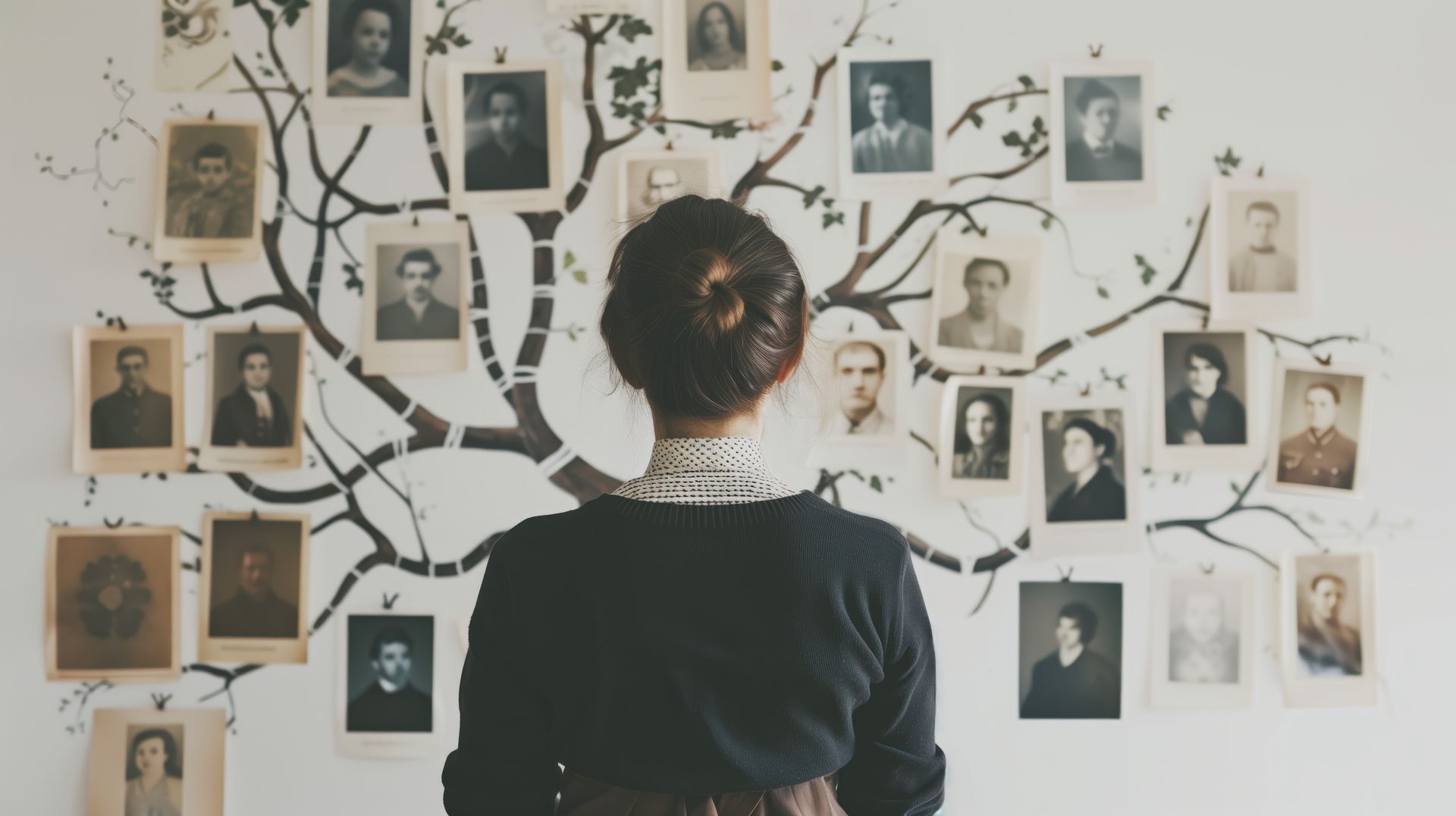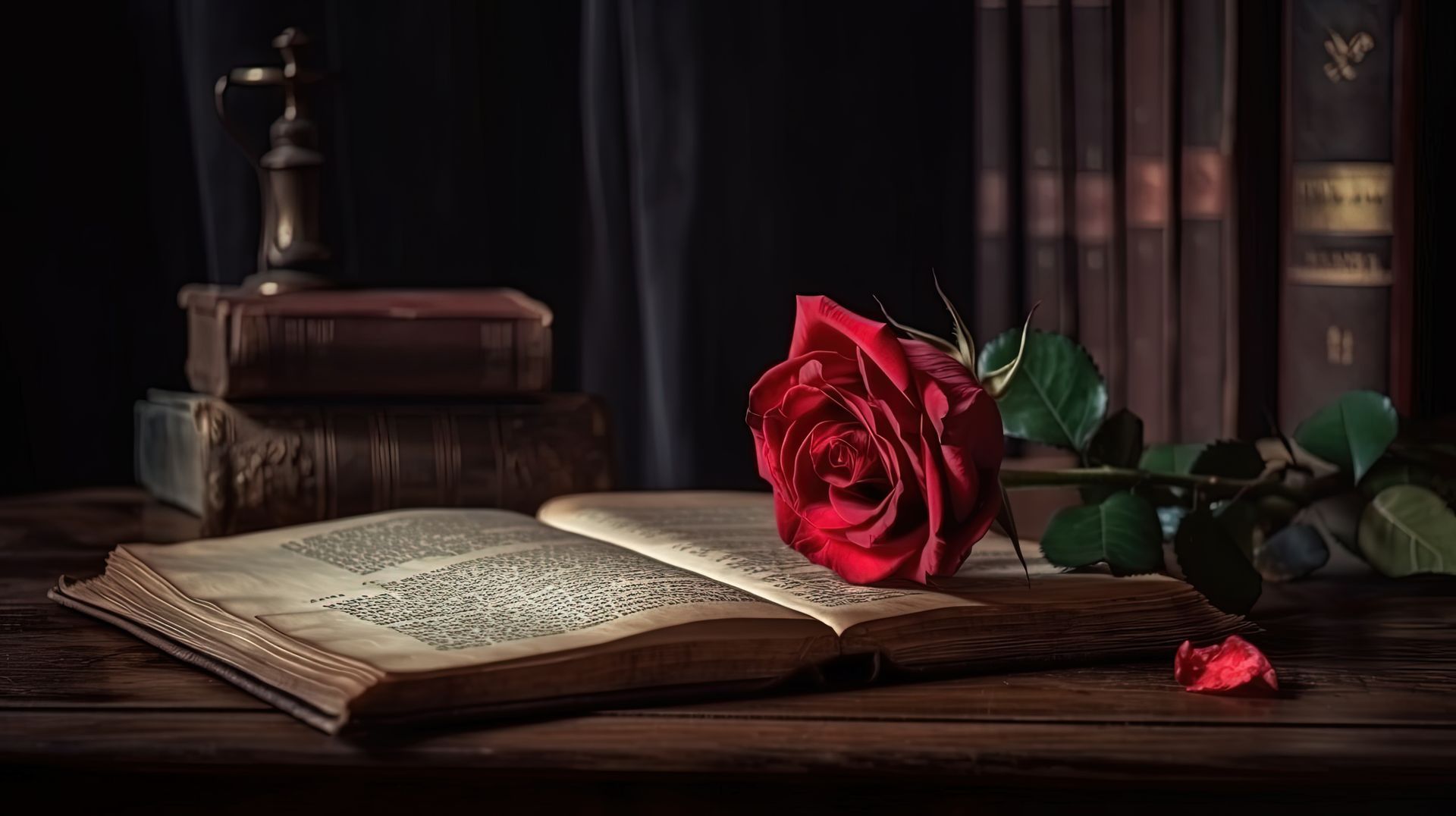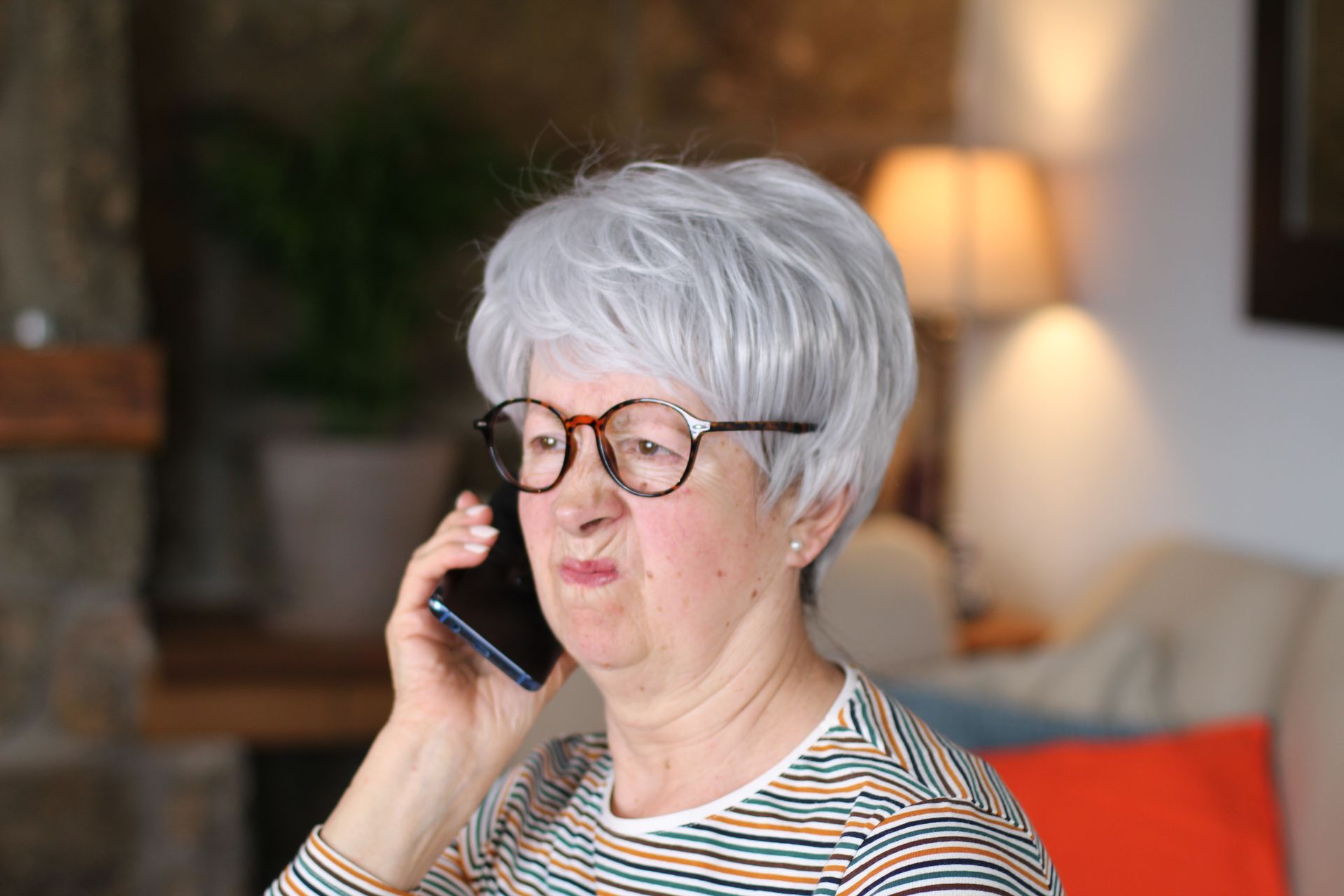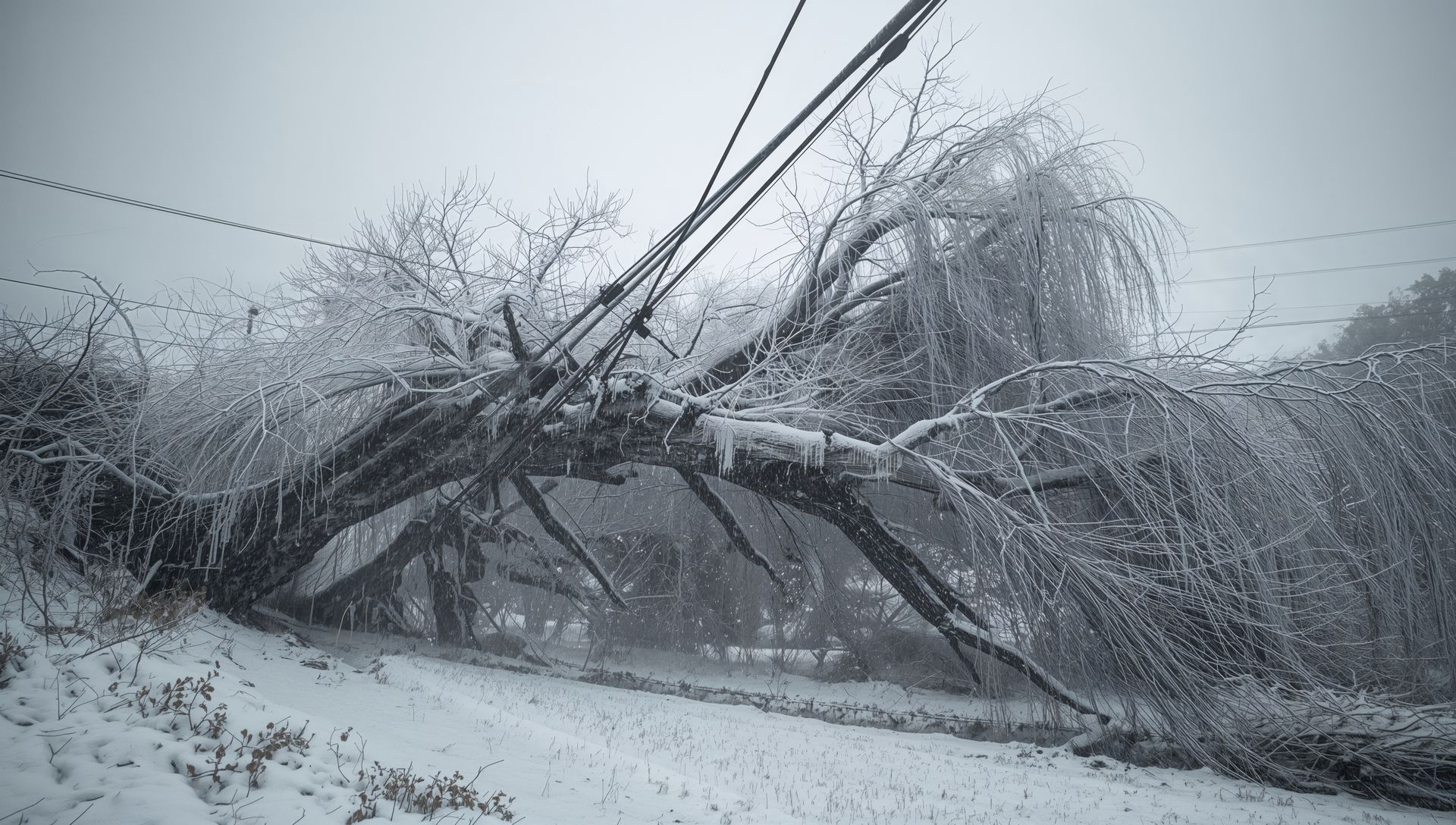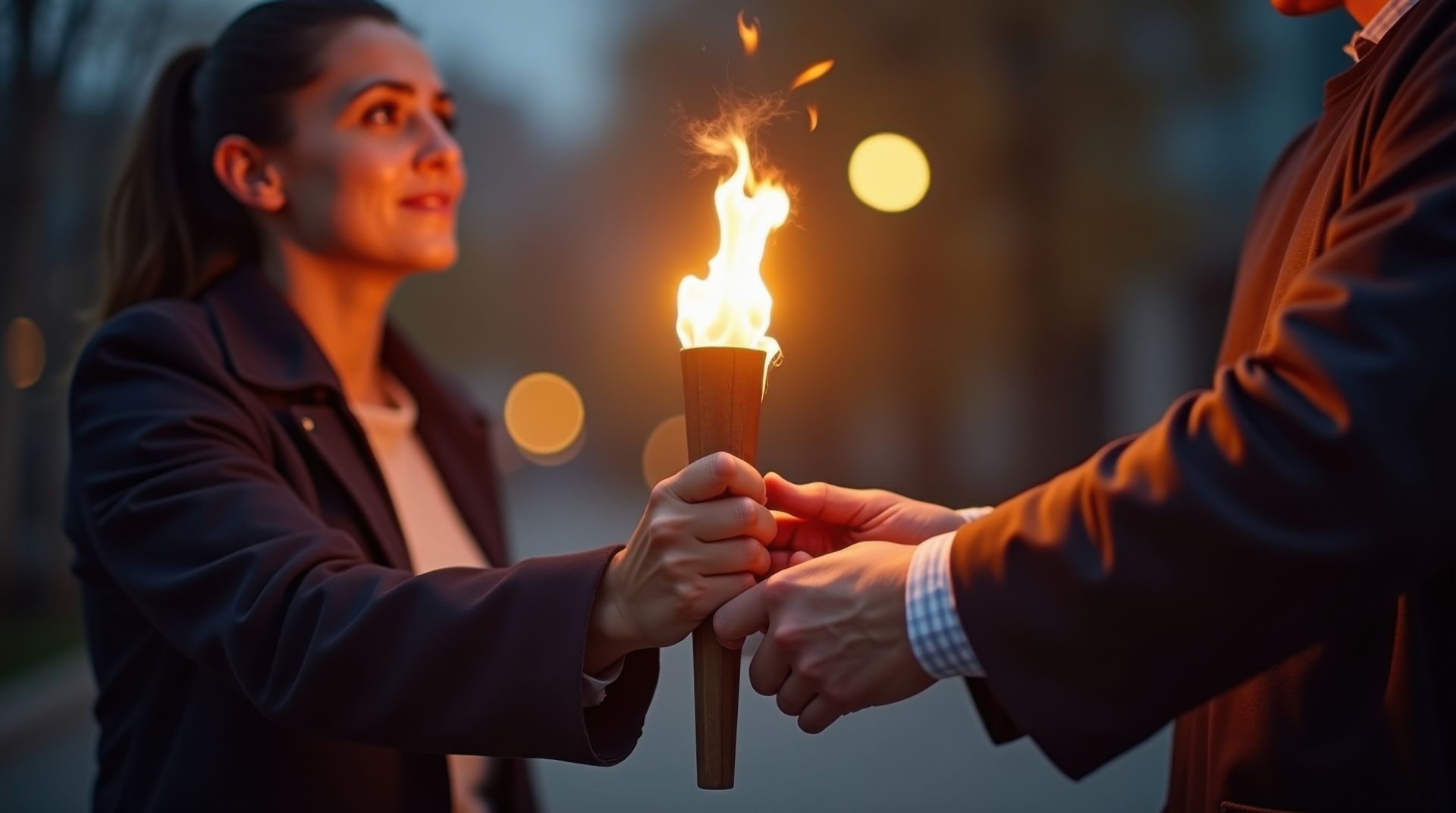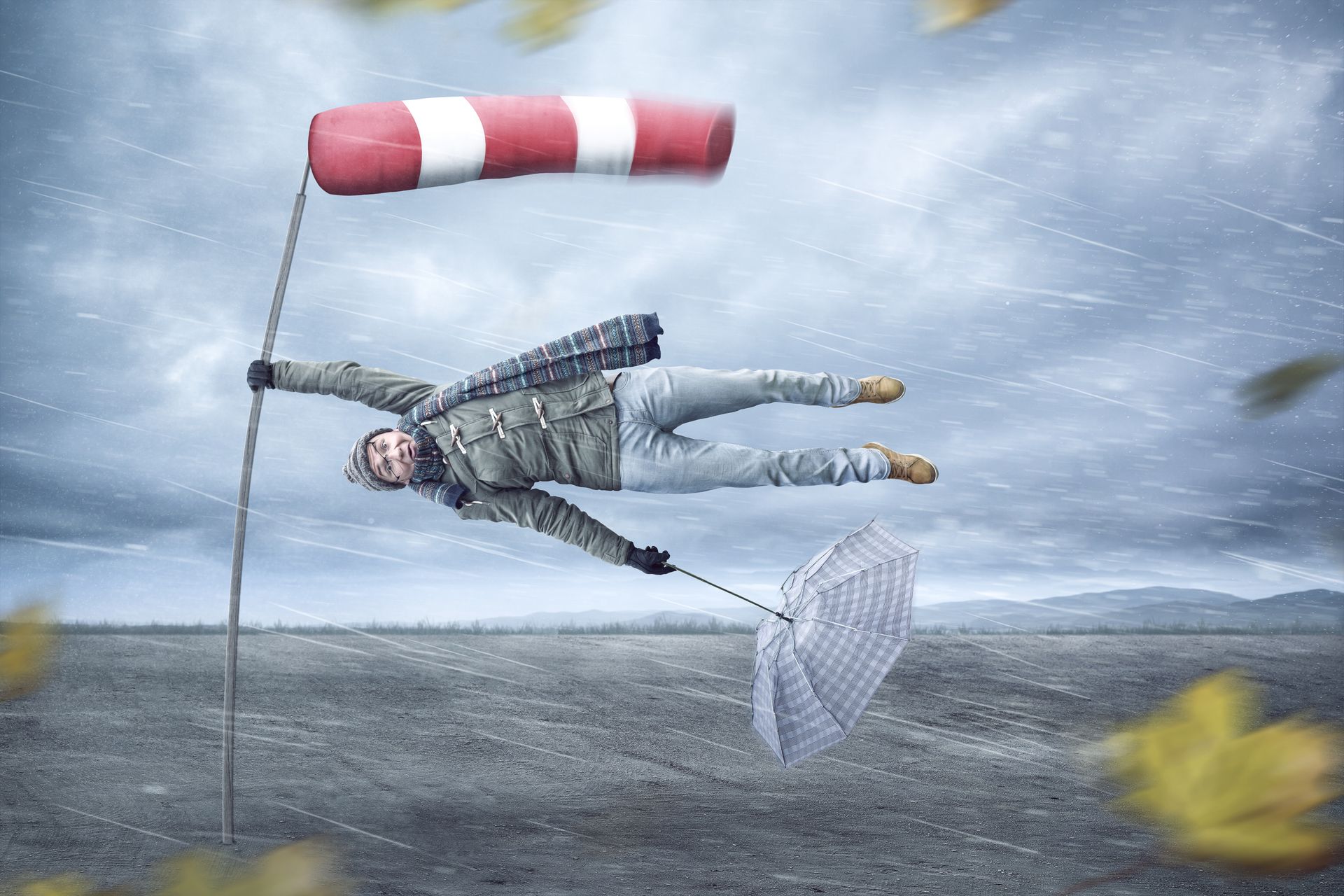We’ve all heard the old saying “You can’t take it with you”, right? And we all know why old sayings get to be old sayings, right? (In case you don’t, it’s because there’s a grain of truth hidden in them . . .)
And what happens to what you can’t take with you? You leave it behind, of course. Although that phrase is usually viewed through the lens of accumulated assets . . . cash . . . houses or property. . . furniture . . . personal belongings . . . all the stuff our kids dread dealing with when we’re gone . . . it can apply to so much more. For example:
My father left me his nose. Not literally, but I inherited its functionality, or lack thereof, as the case may be. In early spring and the beginning of fall, I can’t keep it on my face. It gets so bad I’ve threatened to stuff tissues up each nostril just so I don’t have to continually blow it. And every time it misbehaves, I think of him. My mother? She gave me her hair. Some of you will probably understand when I tell you one drop of humidity . . . one single, solitary drop . . . will shorten my strands by a good two inches while expanding the width by at least five. Think Phyllis Diller-esque (hopefully at least a few of you get that reference).
And then I look at my grandchildren—my grandchildren who never knew my parents . . . never spent any time with them so they were never influenced by their personalities or abilities. And yet, Wilson sings with the voice of an angel and loves the theater—just like my father. Anderson decided he wanted to play the violin—having absolutely no idea my grandfather played in his college orchestra and then with the Nashville and Memphis Symphonies. And Malcolm? That child is like a sponge, soaking up every bit of knowledge thrown in his direction then retaining it in perpetuity (that means forever) so he can hand it back to you at the appropriate moment—just like my dad. Even ten-year-old Cora, our chosen child, definitely shows glimpses of my father. She possesses an amazing ability to relate to children younger than she is—to play with them and care for them . . . and she is blessed with an exceptionally quick wit. One that keeps all of us on our toes. Just. Like. My. Dad.
So now, when I hear Wilson sing it’s like listening to my father all over again. When I see Anderson take up his violin and I look at his long, slender, perfect-for-playing-the-violin fingers, I see my grandfather. When Malcolm relates facts that should be far beyond his six-year-old frame of reference, I see his parents, but I also see mine. And when I watch Cora interact with those around her, no matter their age, I’m allowed a glimpse of my dad.
The people we’ve loved and lost leave behind more than their stuff. They leave pieces of themselves in every life they’ve touched and sometimes, in the lives of those they never knew. It’s a kind of immortality that keeps them alive long after they’re gone, even when we don’t realize it—an immortality that continues to connect us across the generations.
About the author: Lisa Shackelford Thomas is a fourth-generation member of a family that’s been in funeral service since 1926 and has worked with Shackelford Funeral Directors in Savannah, Tennessee for over 45 years. Any opinions expressed here are hers and hers alone and may or may not reflect the opinions of other Shackelford family members or staff.


